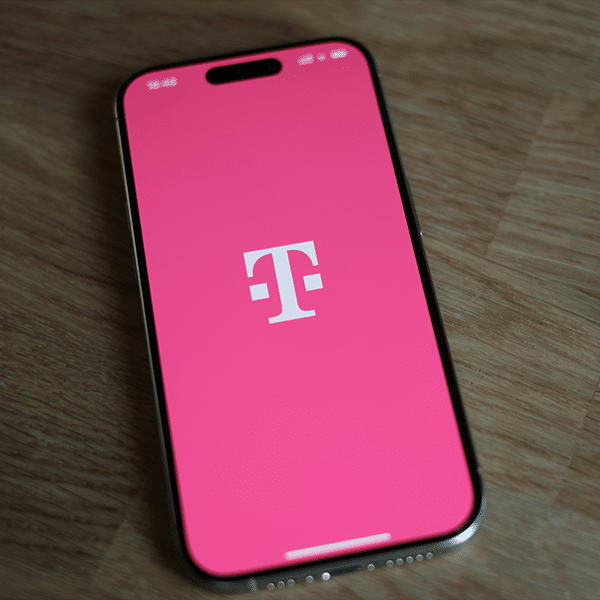Dish, Internet2 and Cisco are planning to trial a neutral host private wireless network at Duke University beginning this summer. Dish’s involvement may seem surprising, but dig into the news a bit and it’s an intriguing area for Dish to be exploring that could have substantial upside potential for the company, depending on the results.
Unlike traditional radio access networks, which are operated by a single entity, typically a mobile operator, a neutral host network can be used by multiple entities, such as a university and one or more operators.
Plans at Duke University call for using spectrum in the CBRS band for a private LTE and 5G network. Private wireless networks use the same technologies – in this case LTE and 5G – that are used in commercial networks but the networks are under the control of a private entity, in this case Duke University.
With the neutral host approach, Duke intends to make the network available for use by wireless carriers. Dish plans to be a wireless carrier by this summer when it has announced plans to launch service in multiple markets. The company committed to building a nationwide network as a condition of obtaining assets from Sprint that were divested when Sprint was acquired by T-Mobile, but to date Dish has only made trial deployments.
Gaining experience with neutral hosts would seem to make sense for Dish, as the company might be able to minimize its network investment by either relying on neutral host networks owned by other entities or by building its own neutral host networks but allowing other carriers to use them for a fee.
A neutral host approach also would seem to make sense for unlicensed CBRS spectrum which, by its very definition, can be shared by multiple operators. A neutral host approach might make sense for all parties, rather than each operator deploying its own radio access network (RAN) using CBRS spectrum and then having to coordinate spectrum usage with other operators that also have deployed their own RANs.
Cisco’s role in the Duke network neutral host trial is to provide the 5G technology that will be used to also support 4G applications. A press release references “future 5G innovations across campus services, safety and security, remote research and more.”
Internet2, which is a nationwide advanced internet backbone network for research and educational use, will “power” Duke’s private network, according to the press release, which apparently means Internet2 will serve as the core backbone network for the private network.
In addition, the press release notes that the collaboration between Cisco, Duke, Dish and Internet2 emerged from a Future Wireless Working Group established by Internet2 in March 2020.
The Internet2 network was recently upgraded to what the organization calls its “fifth generation” which includes a range of advanced technologies.



